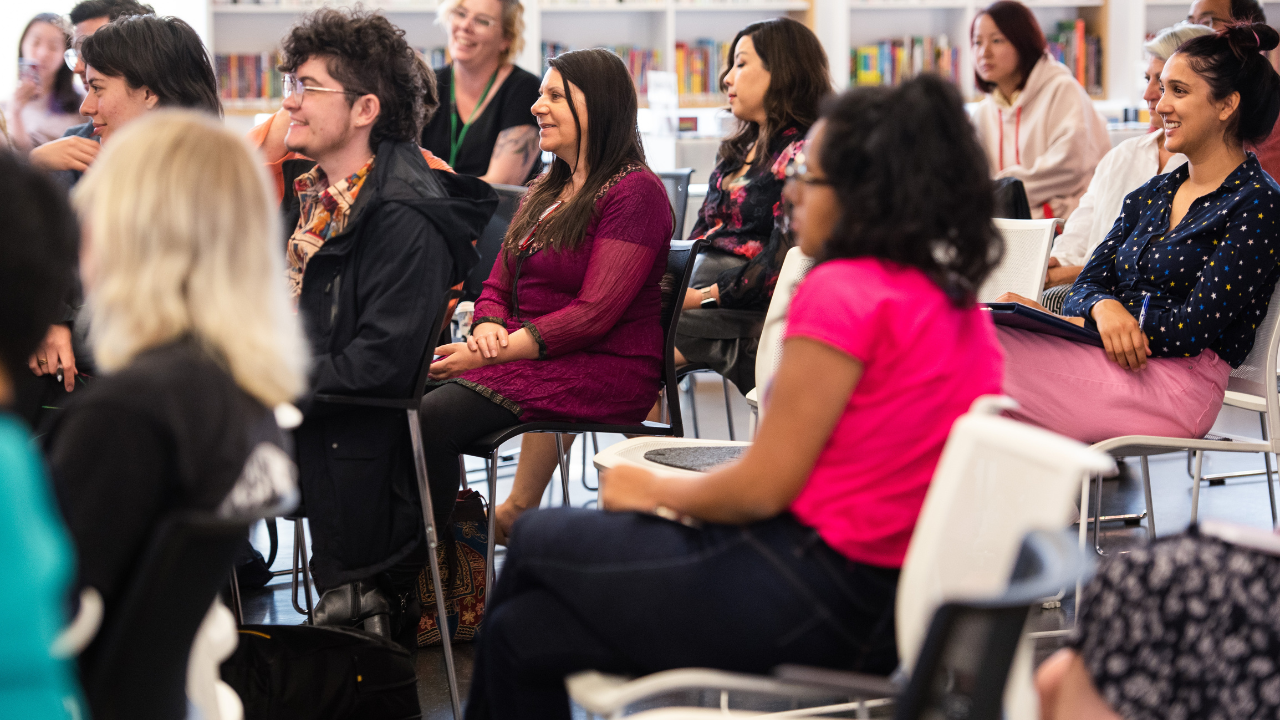You’re a young writer. You have ideas and ambition, and even a few pieces of writing sitting in a drawer, but no idea where to send them. Sound familiar?
Getting work published is a dilemma for writers of every age, but is particularly severe for younger writers with little experience in the practical side of the literary world. Let’s face it, publishing houses and big magazines are intimidating and often seem unwilling to consider work by new writers. However, if you are a university student, there are entry-level publication opportunities right under your nose.
Student magazines are the training wheels of the literary world. They provide a safe environment for learning and experimenting, with a captive audience to boot. They usually have a very small budget, so you won’t be paid much, if at all, but they give you an invaluable opportunity to practise writing and see the publication process first hand: proposing work, researching and writing it, meeting word limits and deadlines and working with editors.
Here are some tips:
1. Make it funny, interesting or useful.
This is the golden rule for all magazine writing. Students spend enough time reading boring textbooks and journal articles; they won’t read your piece unless it grabs their attention, and quickly. Never write something you wouldn’t be interested in reading.
2. Make it short.
No matter how well written, your audience is most likely to read your piece in a few minutes over a coffee, not pore over it for an hour. Brevity is the soul not just of wit, but of all effective writing.
3. Make it timely.
The majority of contributors to student magazines send their work in late. If you submit on time, your editor will love you. Building a strong relationship with the editorial team means you get more work and exposure, and ultimately write better.
Student magazines also offer opportunities for those interested in the editorial side of publishing. Your university’s magazine is always looking for help with editing, design, layout, proofreading and thousands of other little jobs. You never know what you’ll have to do. While editing Flinders University’s law students’ magazine I’ve learnt about finding contributors, proposing articles, setting deadlines, proofreading, working with professional layout programmes, preparing PDFs, negotiating with printers and carrying heavy boxes of magazines!
Apart from increasing your confidence, building up a portfolio can also lead to bigger things!
Simon Collinson is a student, bookseller, reviewer, and 2013 editor of Flinders University’s Empire Times magazine. He founded Adelaide’s first Finnegans Wake reading group and is a former SA Writers Centre Young Ambassador.
This article was originally published in Southern Write in November 2011 and is republished with the author’s permission.







